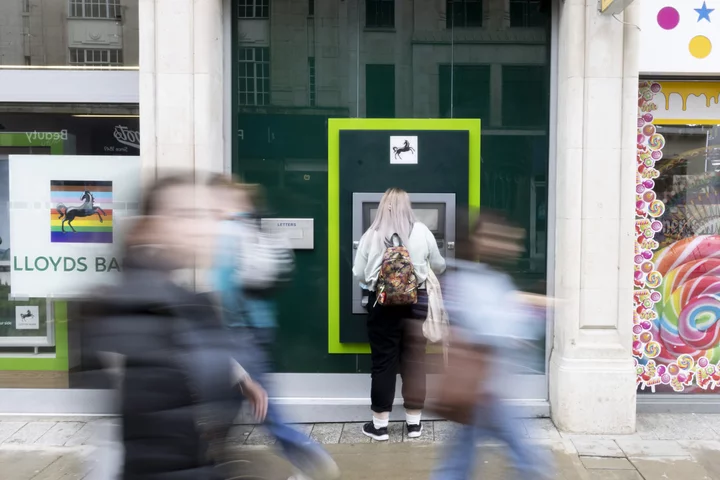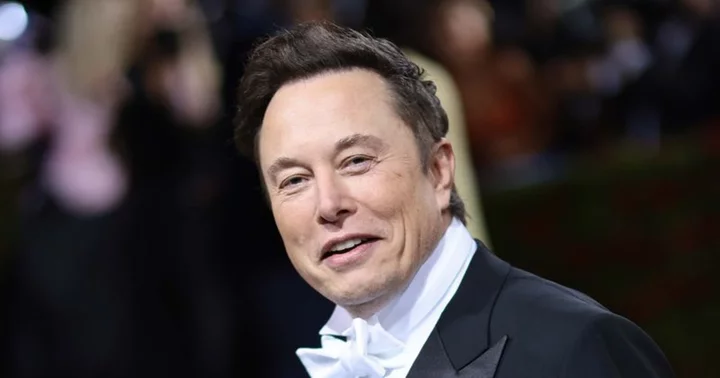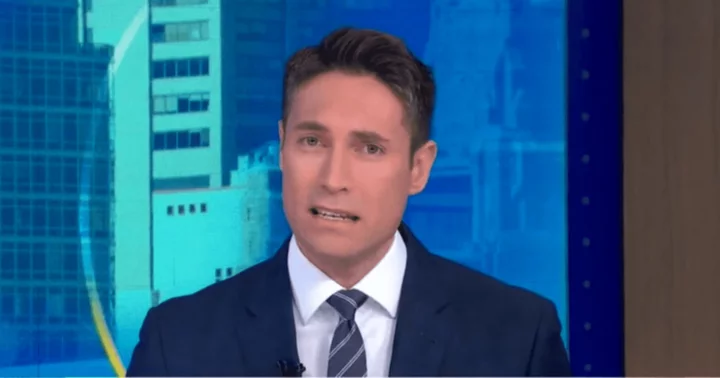The bosses of the biggest UK banks have been called to a meeting later this week with the Financial Conduct Authority over concerns their firms are being too slow to pass interest rate increases on to savers, according to the Financial Times.
Top executives from Lloyds Banking Group Plc, HSBC Holdings Plc, Barclays Plc and NatWest Group Plc are expected to attend a meeting at the regulator on Thursday, the FT said, citing people familiar with the matter. The agenda will cover the pricing of cash savings and how banks communicate with their customers, the FT said.
The FCA and the banks declined to comment to the FT.
The UK is trying to put pressure on lenders to ensure they’re passing on changes in interest rates as quickly to savers as they are doing to mortgage holders and other borrowers.
Bloomberg Intelligence calculated in May that about 40% of the changes have been passed on by UK lenders to savers since rates started to rise in late 2021. The analysis was carried out before the latest 50-basis-point rise and using deposit data for March.
The meeting comes even as the prevalence of fixed rate mortgages means returns on savings are rising faster than the cost of mortgages for many householders, according to an analysis of Bank of England data by Bloomberg. Households are in aggregate around £10 billion ($12.7 billion) a year better off as a result of higher rates.
Still, Chancellor of the Exchequer Jeremy Hunt and Prime Minister Rishi Sunak are under pressure to show they understand the pressures on household budgets. With inflation proving particularly sticky at more than four times the official target, the economic pain threatens to further dim the chances of the Conservative government overturning a double-digit poll deficit on Labour to win a general election that’s expected next year.









